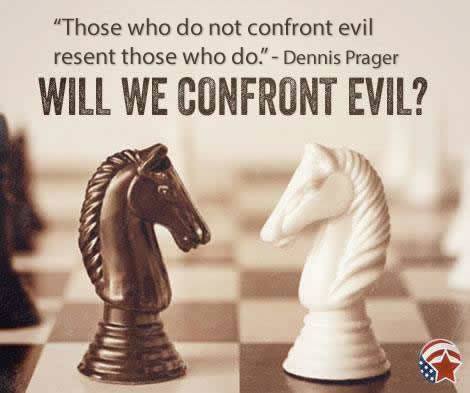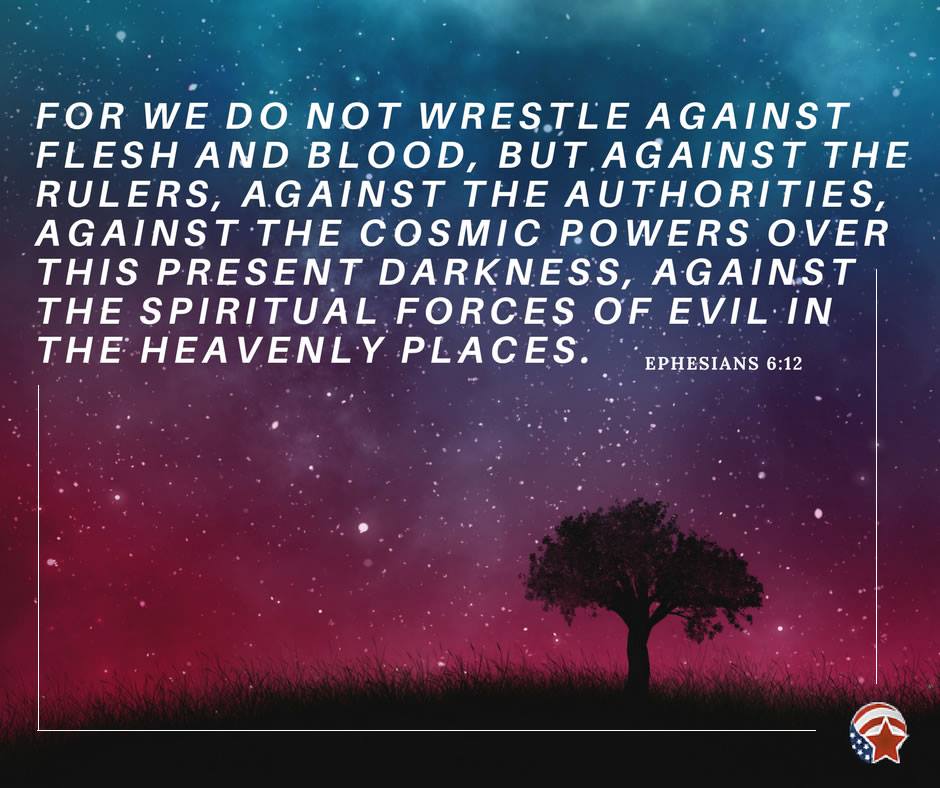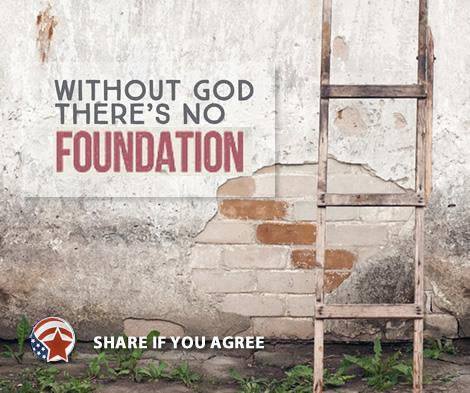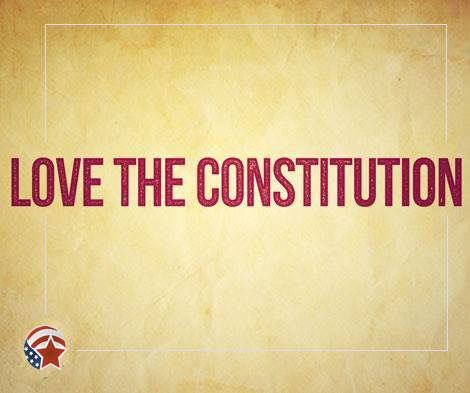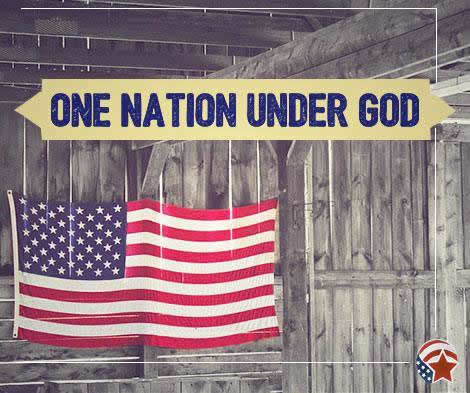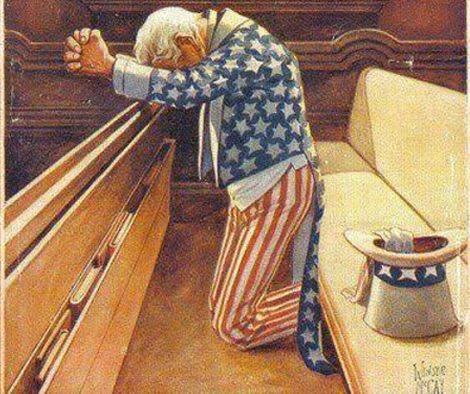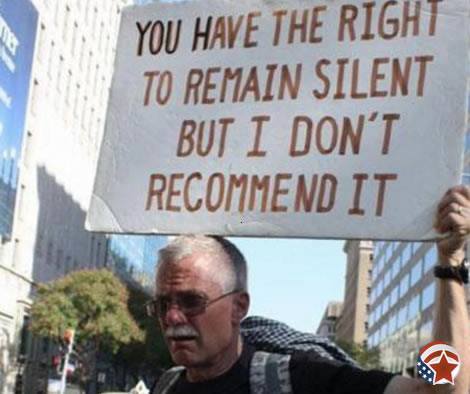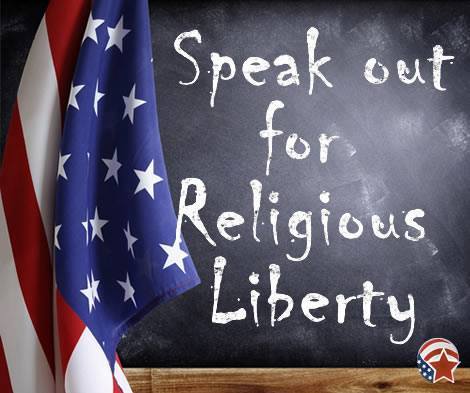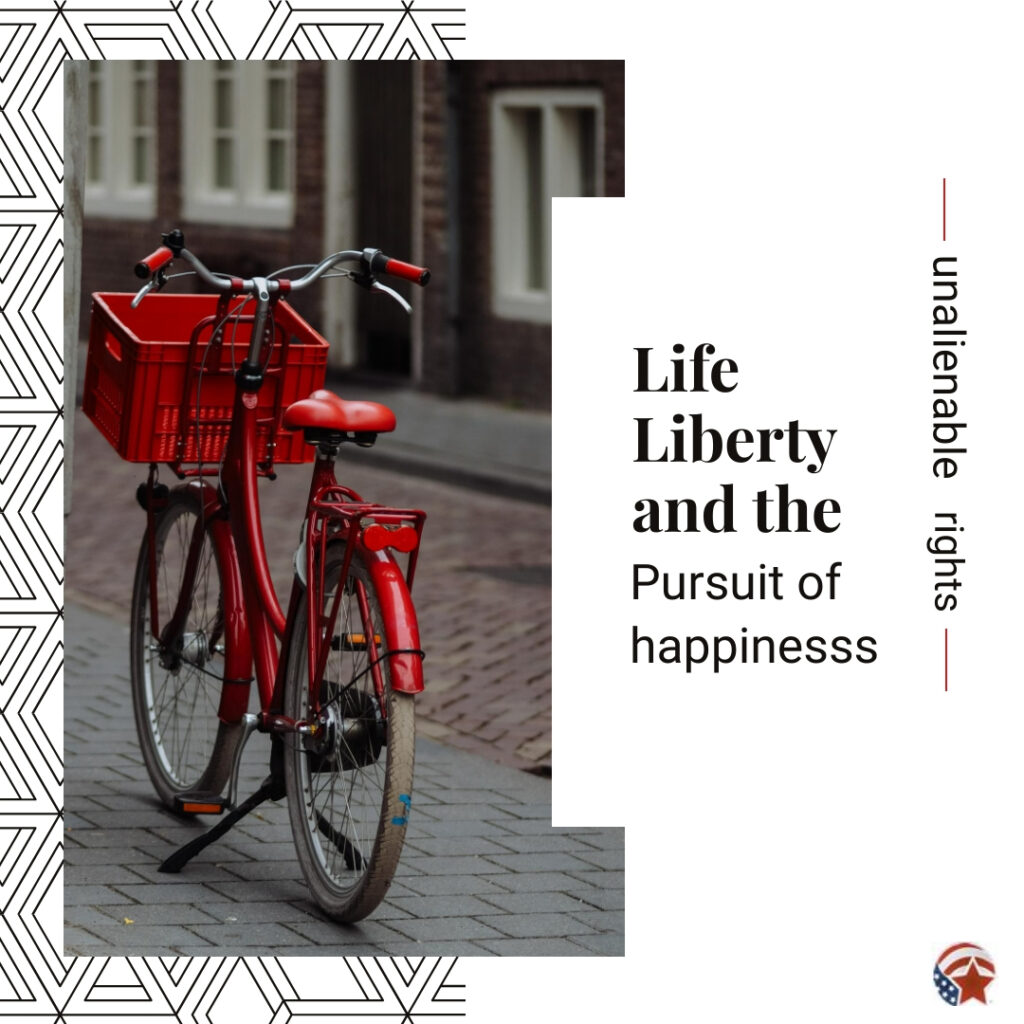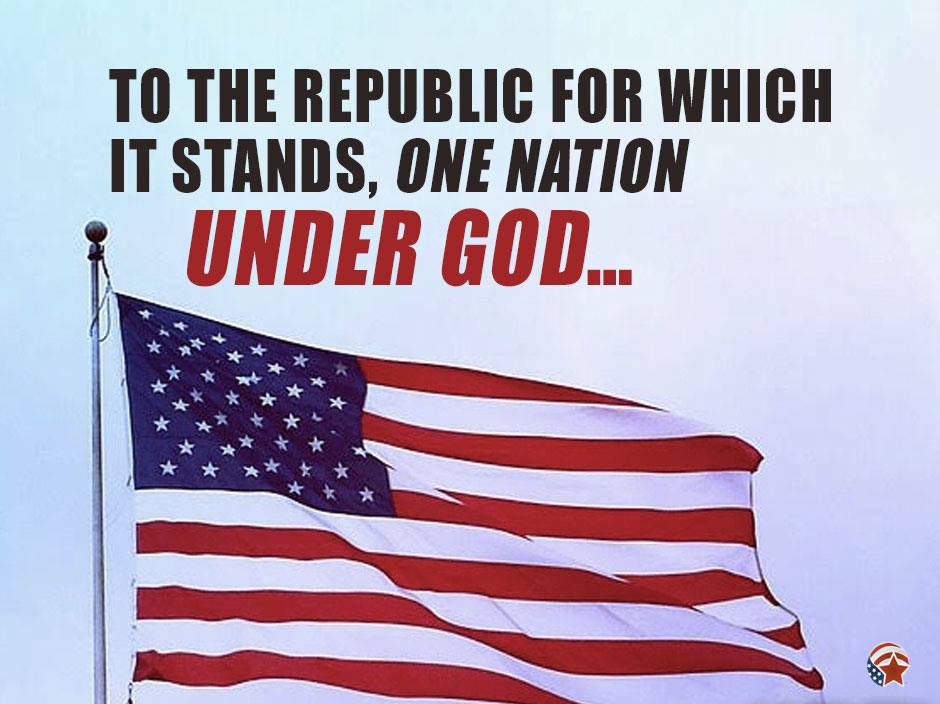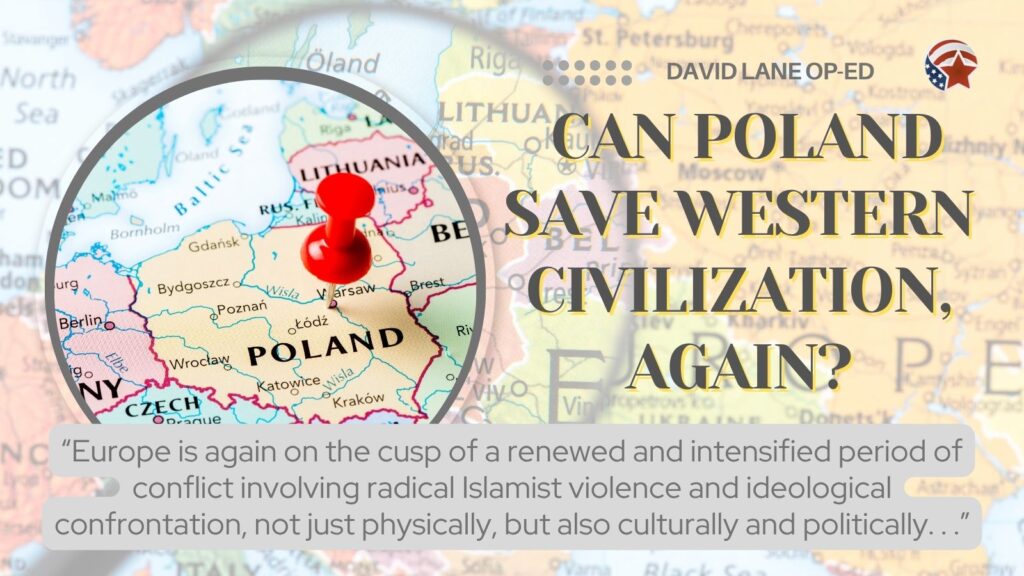
Franciszek Blachnicki [1921-1987] joined the Polish resistance against Nazi Germany in early 1940 shortly after the German invasion of Poland on September 1, 1939. Blachnicki at the time was a 19-year-old student who transitioned into Poland’s underground anti-German resistance, helping organize underground activities, distribute leaflets, and resist Nazi propaganda.
On June 20, 1940, Blachnicki was arrested by the Gestapo in Tarnowskie Góry and sent to Auschwitz as Prisoner No. 1201. In 1942, he was sentenced to death, and while incarcerated, he experienced a profound spiritual conversion. “It was in the darkest moment, facing death, that I encountered the truth of God’s mercy. In my cell, I surrendered everything to Christ and experienced an inner liberation more powerful than any external captivity,” he said of his covenant with God.
Blachnicki’s total surrender and conversion led him to the priesthood, becoming Father Franciszek Blachnicki, and later to founding the Light-Life [Oasis] Movement. The two-decade movement of youth retreats and charismatic renewal within the Catholic Church, despite Communist surveillance, became one of the most influential lay movements in modern Polish Catholicism and continues to thrive globally today.
Father Blachnicki’s close friendship with Karol Wojtyła [1920-2005; later Pope John Paul II] led to a collaborative relationship through the 1960s and 1970s, rooted in a shared commitment to Polish youth evangelization and spiritual renewal. All this took place in a time during which the Soviet Union’s Marxist-Leninist ideology was undermining and weakening Poland’s Christian culture.
David Scott wrote in Christianity Today [2005] that at the heart of the Oasis movement was its annual youth retreats in the Polish mountains, outdoor experiences of scouting, bonfires, hiking, and singing, all as part of a spiritual renewal exercise structured for Polish youth living under the oppressive, authoritarian, and heavy military boot of communism.
In January 1978, Father Blachnicki came to America to visit Bill Bright at the headquarters of Campus Crusade for Christ in Arrowhead Springs, California. Bright probed Blachnicki on theology and views, asking, “What about the Virgin Mary? What about praying to the saints?”
“He gave me answers that, for one with my background, were satisfying and amazing. Except for a few fine points,” Bright concluded, “there was basically no difference between what he believed and what I believed.”1
Poland is similar to the United States in that progressives and traditionalists are competing in the public square for control of resources and ideological supremacy. After all, somebody’s values are going to reign supreme. If Christians stay home, those in rebellion against God elect their representatives, who then draft and pass legislation and codify into law their profane values.
It’s worth noting here that Poland has played a pivotal role, TWICE, in preserving Western civilization:
First with the Battle of Vienna of September 11, 1683. The Ottoman Empire, under Grand Vizier Kara Mustafa, had laid siege to Vienna, the gateway to central Europe, threatening to bring the Islamic caliphate deep into Christian Europe. If Vienna had fallen, much of Central and Western Europe would have been overrun.
King Jan III Sobieski of Poland led a coalition of Christian forces [the Holy League], arriving with about 30,000 Polish troops, including the legendary Winged Hussars. He assumed command of the relief army. On September 11, 1683, Sobieski launched a decisive cavalry charge – the largest in history – breaking the Ottoman lines and lifting the siege. This battle halted the Islamic imperial expansion into Europe and marked the beginning of the Ottoman Empire’s decline.
Sobieski was hailed as the “Savior of Vienna” and “Defender of Christendom.”
The second time took place in August 1920 with the Miracle on the Vistula [river]. In the chaos following World War I, Lenin’s Soviet Red Army launched a westward offensive to export communism across Europe. Their goal was to crush the newly re-established Polish Republic and then march into Germany, hoping to ignite a global revolution.
Polish forces, led by Marshal Józef Piłsudski, executed a bold counteroffensive near Warsaw, known as the Battle of Warsaw [August 12-25, 1920]. His “sickle maneuver” caught the Soviets by surprise, encircling and routing their forces. The Polish victory stopped the spread of Bolshevism into Europe. The Treaty of Riga [1921] followed, securing Poland’s eastern borders and preserving Central Europe from communism for a time.
Edgar D’Abernon (1857-1941), the British politician, diplomat, and author, ranked the Battle of Warsaw as one of the most crucial battles in world history.
Europe is again on the cusp of a renewed and intensified period of conflict involving radical Islamist violence and ideological confrontation, not just physically, but also culturally and politically. To counter this, European societies must reassert moral clarity and return to the Christian heritage that has historically shaped Western civilization.
Thankfully, a Gideon by the name of Karol Tadeusz Nawrocki [born 1983] has chosen to stand.
A Polish historian with a master’s degree and Ph.D. in History from the University of Gdańsk – his doctoral thesis focused on social resistance to communist rule in the Elbląg Voivodeship* between 1976 and 1989 -, Nawrocki was elected last Sunday, June 1, 2025, as the President of Poland with 50.89% of the vote.
President-elect Nawrocki’s opponent, Rafał Trzaskowski, the liberal, establishment-pro-European Mayor of Warsaw, who is reportedly associated with George Soros, has caused U.S. Republican lawmakers to write to the European Union, expressing concern about foreign interference in the Polish election, explicitly mentioning the involvement of “Obama, Soros, and the Globalist Left.”
Still and all, Nawrocki won the election as he campaigned on traditional conservatism, rooted in Polish patriotism, Christian values, and distrust of international organizations exercising authority beyond national borders, such as the European Union [EU], United Nations [UN], World Health Organization [WHO], International Criminal Court [ICC] and the World Trade Organization [WTO].
Nawrocki’s campaign opposed abortion and same-sex marriage while defending the traditional family and Christian identity. He rejected progressive social coalitions promoting LGBTQ+ rights and gender ideology.
We end with a story of the dark days of Nazi occupation in Poland told by Rabbi Daniel Lapin [born 1947], the American Orthodox rabbi, author, and public speaker. Jews fleeing the Nazis, desperate, hunted, and in need of refuge come to a neighborhood with two doors: behind one lives a Sunday school teacher and behind the other, a secular lawyer.
“Which door would you knock on?” Lapin asks his Jewish audience. “You know which door you’d knock on, the Sunday school teacher. Why? Because he believes in God. And if he believes in God, he believes in ‘right and wrong’ = not relativism or virtue indoctrinated by State – only in God are truth and righteousness.”
The Sunday school teacher knows that one day we all will stand before God and give an account of our lives. As such, Christians must move with moral clarity and spiritual courage toward the sound of battle in culture.
www.youtube.com/watch?v=IhesjyKQQnI&t=83s
Thankfully, Gideons and Rahabs have begun to stand.
David Lane
American Renewal Project
1. www.christianitytoday.com/2005/04/pope-we-never-knew/
*A voivodeship is an administrative area governed by a voivode [governor]. Elblag is a city in northern Poland.


